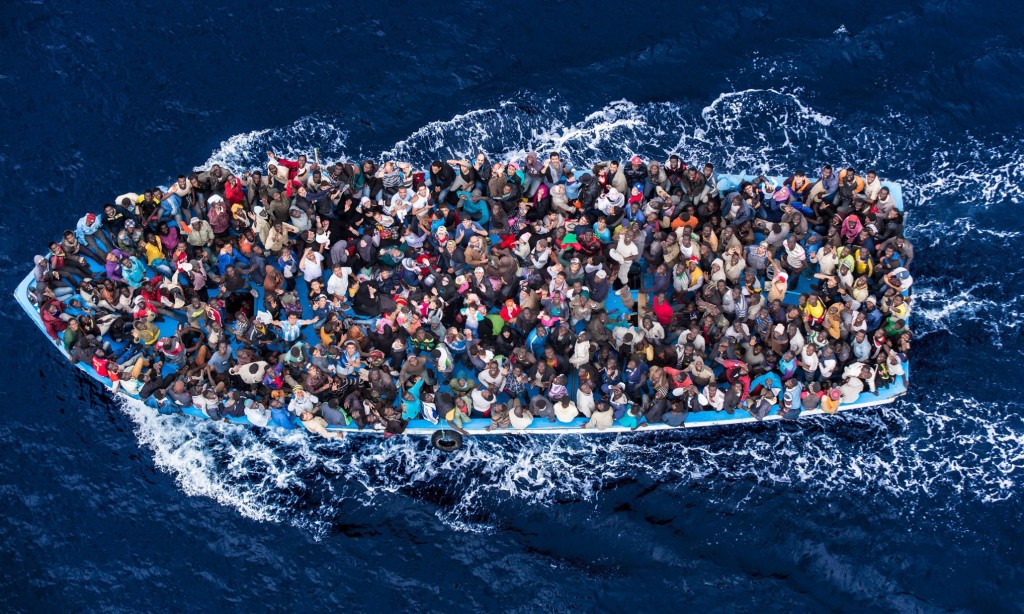by VIJAY PRASHAD

If you ask African migrants in Europe who came across the Mediterranean Sea in a boat if they would make the journey again, most of them would say “yes.” Many of them had been in vans and trucks that took them across the dangerous Sahara Desert, and many of them had been on board vessels that struggled to get across the choppy waters. They might have seen their fellow migrants die of thirst or of drowning, but none of that halts their conviction that they’d cross the sands and the seas again.
Harsh treatment by European border guards and an overwhelming experience of racism inside European society do not bring regret or suggest that they would not do it again.
“It was all to earn money,” said Drissa, from Mali. “Thinking of my mom and my dad. My big sister. My little sister. To help them. That was my pressure. That’s why Europe.”
Myths about African migrants
A UN Development Program (UNDP) report released on October 17 shows that 97% of the nearly 2,000 African migrants in Europe interviewed would take the same risks again to come to Europe knowing what they know now about the dangers of the journey or what life in Europe is like. What is powerful about this UN report is that it dispels many of the myths about African migration.
There is a terrible view that Africans are somehow “invading” Europe, or even worse, “swarming” into Europe. Anti-immigration rhetoric speaks of building fences and creating a Fortress Europe. It is as if there is a war, and Europeans must arm themselves against invaders.
A year ago, the UN’s special adviser on the prevention of genocide, Adama Dieng, warned that European politicians were fanning the flames with hateful rhetoric that “is legitimizing hatred, racism and violence. While extremists spread inflammatory language in mainstream political discourse under the guise of ‘populism,’ hate crimes and hate speech continue to rise. Hate crimes constitute one of the clearest early-warning signs for atrocity crimes.”
At the UN in Geneva this May, Dieng, a Senegalese lawyer, said: “Big massacres start always with small actions and language.”
Asia Times for more